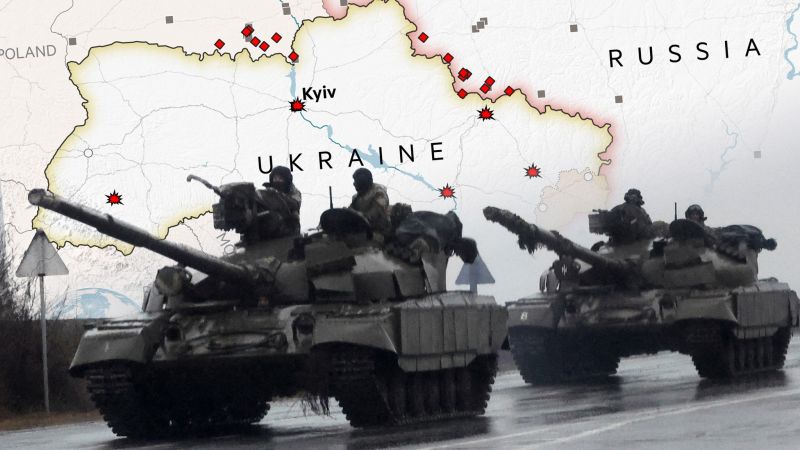- May 25, 2023
- Posted by: augustine.u.usuwa
- Category: Uncategorized

Recovering from the pandemic, chaos in the global supply chain, and price inflation, the global economy may likely be confronted by another setback by the conflict in the Russia and Ukraine borders.
Although the instant impact of the Ukraine-Russia conflicts can be seen by the millions of Ukrainians fleeing to seek refuge in neighboring EU countries, there are more brutal consequences that could further cripple the global economy. According to The New York Times, there will be an adverse effect in the global payment flows and a major shift in the global energy sectors as the US, and the EU responds to Russia’s invasion with sanctions.
* Impacts on International Payment Systems:
The US and EU commission has banned Russia from the Society for Worldwide Interbank Financial Telecommunication SWIFT. Swift is a Belgium-based financial system that facilitates easy and fast transfer of funds across borders. Swift connects 11,000 financial institutions in more than 200 nations of the world. It exchanges 40 million messages a day which involves the transaction of trillions of dollars between countries and organizations.
This means transaction delays and a massive reduction in revenues for the Russian government. Russia’s formal financial minister, Alexei Kudrin, notes that the country’s GDP would shrink by 5% in just a year without Swift. The payment for Russia’s commodities, energy, and agricultural merchandise would be impacted. However, Russia has developed its own payment system to replace Swift. China could provide an alternative payment system to Russia.
* Diversification in the Energy Sector:
The European Union is considered one of the most vulnerable at this time since its the largest importer of Russian oil and energy (according to Bloomberg). Moreso, Germany has been affected after cutting the Russian gas pipeline project. The decision to disconnect from Russia’s oil and gas supply has caused a massive increase in the prices of gas within German and EU borders. According to EIU, energy supplies will increase by 50% this year and will further escalate in 2023. The EU territories will mostly be affected by the gas-price increase, especially as some oil traders avoid buying Russian oil for the fear of the US sanctions on financial transactions with Russian businesses.
What happens if Russia decides to retaliate by cutting off its gas supply to Europe?
What is your take on the EU economy, should the conflict continue?
No doubt the COVID-19 pandemic was a catalyst for the exponential growth of technology companies, will this be the case for the energy sector to shift towards more renewable sources of energy?
If Germany switches to coal for its energy supply, what happens to the EU climate goals – the nuclear phase-out?
